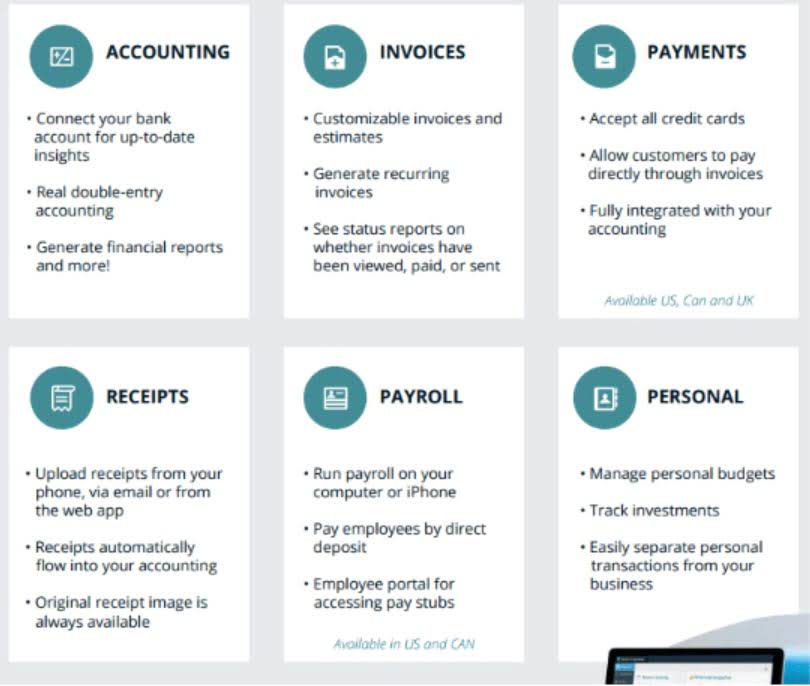
Construction payroll bookkeeping for chiropractors is more complex than in many other industries, as it involves tracking multiple workers, contractors, and varying pay rates. Additionally, compliance with labor laws and union agreements adds another layer of difficulty. Tracking these costs separately helps bookkeepers identify discrepancies early and maintain control over the budget. This categorization also provides better visibility into spending patterns.

Monthly financial statements you can rely on

This level of granularity allows you to track revenues and expenses more precisely, making it easier to identify areas where your practice excels and areas that require improvement. Set up a systematic record-keeping process that categorizes income, expenses, and other financial transactions clearly. Utilize accounting software tailored for chiropractors or small businesses, which can simplify the process and reduce the risk of errors. Regularly update your records and reconcile accounts to ensure accuracy and completeness. This guide covers key aspects of construction bookkeeping, including the role of a construction bookkeeper, recording expenses, and industry-specific accounting methods.
- A budget allows you to allocate resources wisely, plan for investments, and measure your progress over time.
- With the support of specialized bookkeeping services, chiropractors can alleviate these accounting challenges, allowing them to focus on providing the best care for their patients.
- By maintaining accurate and up-to-date financial records, you gain valuable insights into the health of your business.
- Building on strategies to enhance payment efficiency, let’s focus on reducing billing errors, a key aspect of streamlining your chiropractic practice’s billing process.
- In today’s digital age, hiring a remote bookkeeper for chiropractors has grown in popularity and usefulness.
- Remember, a well-maintained and organized financial system is not only a requirement for compliance but also a powerful tool that enables you to optimize profitability and provide better care for your patients.
Reflections on 2020: What worked & What Didn’t in my Bookkeeping Business
- Also, studying and implementing industry-specific tax deductions can be quite daunting.
- You can also use this information to plan your budget, set your fees, and make informed decisions about your investments and expenditures.
- Moreover, maintaining transparent communication with your patients about their financial responsibilities is crucial.
- This categorization also provides better visibility into spending patterns.
Plus, when your finances are mixed with those of your clinics, it looks very unprofessional to lenders and future investors. Our team will consistently provide you with bookkeeping updates designed for your chiropractic business. Track cash inflows and outflows meticulously, separate personal and business funds, and regularly monitor accounts payable and receivable. Prior to embarking on the hiring journey, distinctly outline your bookkeeping prerequisites. Establish the extent of the work, encompassing payroll, accounts payable, Accounting Periods and Methods accounts receivable, and tax preparation.
Cash flow visibility
Tax planning is essential for chiropractors to maximize deductions, minimize tax liability, and avoid potential penalties. With the ever-changing tax laws, it’s crucial to stay informed about tax regulations that specifically affect healthcare providers. Hiring a tax professional with expertise in chiropractic practices can ensure that you comply with tax laws and take advantage of available deductions, ultimately benefiting your practice’s financial health.

By mastering these practices, construction companies can gain better control of their financial performance and reduce inefficiencies in managing costs. In Summary good bookkeeping is the backbone of a successful chiropractic or dental practice. By implementing these tips, you can streamline your financial processes, gain valuable insights into your business performance, and ensure long-term profitability. Whether you choose to manage your bookkeeping in-house or outsource it, staying organized and proactive will set your practice on the path to financial success. These are sources of information and inspiration that can help you learn more about accounting and taxation for chiropractors.

How to Save Time, Money, and Hassle?
By having a clear and transparent accounting and taxation system, you can safeguard your practice from fraud, theft, or embezzlement. You can also demonstrate your credibility and trustworthiness to your clients, colleagues, and partners, and enhance your professional image and reputation. Incorporating a clearinghouse to scrutinize claims pre-submission can significantly boost your chances for timely reimbursements and decrease the likelihood of frustrating denials. Such proactive measures in billing and coding, including the use of correct CPT codes and modifiers, are essential. They not only prevent claim denials but also ensure faster processing and reduce potential penalties linked to incorrect billing. Their understanding of the specific needs of chiropractors makes them a valuable partner in ensuring that your financial practices are as precise https://www.bookstime.com/bookkeeping-services/hillsboro as your clinical adjustments.

 ENG
ENG